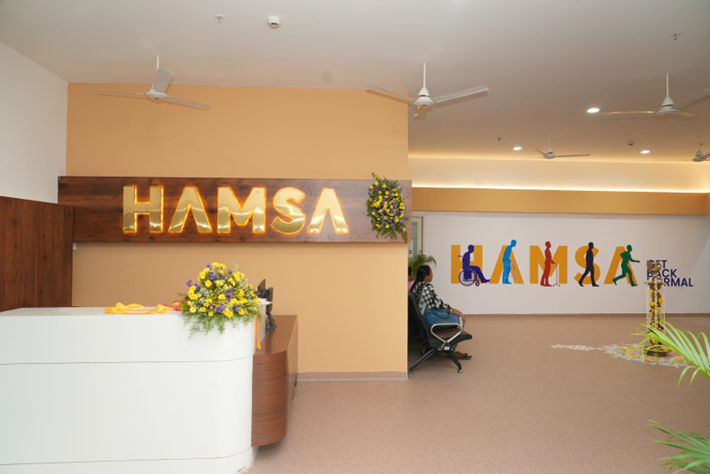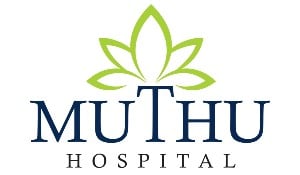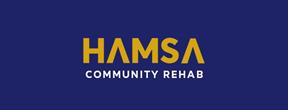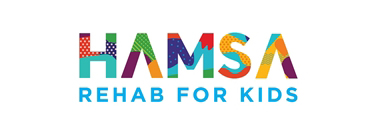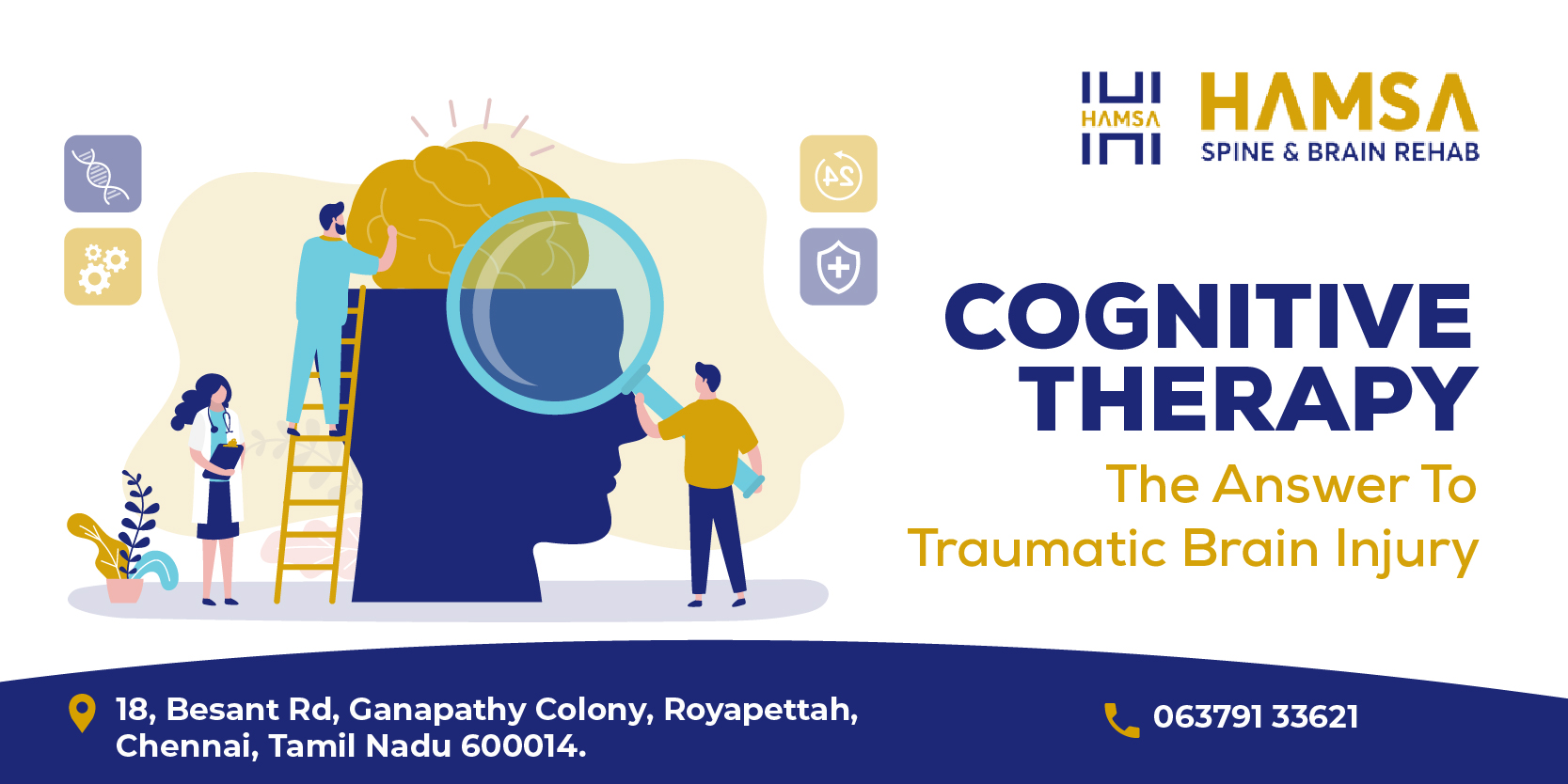
Often referred to as a TBI, Traumatic Brain Injury significantly damages the victim's physical, mental, and emotional functioning. These injuries, unfortunately, account for a considerable number of deaths and thousands of disabilities worldwide every year. According to a study, the number of TBI cases in 7MM countries is estimated to be 4053,203 in 2020. Quite shockingly, the study also says that these cases are expected to rise by a 0.55% CAGR by 2030.
Traumatic Brain Injuries are usually caused by strong jolts to the head during car crashes, hard bumps, or slip-and-fall accidents. These injuries can greatly affect the brain's normal functioning. While some victims suffer minor injuries that heal within a few days, others suffer long-term consequences. Long-term or permanent symptoms can affect the victim's cognitive ability, behavioural pattern, and psychological health. These symptoms negatively impact victims' employment, recreation, relationships, ADLs (Activities of Daily Living), or engagement in any community activity. Cognitive disabilities are, without a doubt, the most distressing and disabling of all symptoms caused by traumatic brain injuries.
Why Cognitive Therapy?
Cognitive therapy after Traumatic Brain injury is extensively practised to alleviate the symptoms and provide relief to the sufferers. At Hamsa, we are the first-ever post-surgery rehabilitation centre in Chennai, specializing in treating spinal cord injury, stroke, and brain injury. Our cognitive therapy for traumatic brain injury is also one of Chennai's best healing therapies. We have extensive experience implementing industry-leading rehabilitation techniques for cognitive impairments. With this blog, we aim to shed light on the different cognitive rehabilitation techniques used to treat cognitive disabilities following a traumatic brain injury.
How Do Cognitive Impairments Impact The Normal Life Of A Person?
Cognitive skills are our ability to think, remember and learn things. These involuntary skills play a vital role in our day-to-day lives, and their impairment implies that you lose many vital functions. Some of the cognitive skills include the abilities to:
- Stay focussed
- Communicate
- Concentrate
- Retain memory
- Process and comprehend information
- Control emotions
- Initiate tasks
- Plan and organize
Judge, reason & make decisions
An impairment of the above-mentioned cognitive skills can have a significant impact on your daily life. Disorientation, short-term memory, and frustration are the typical problems you may face. It can also interfere with your ability to think and learn. But, cognitive therapy programs can potentially heal several of these dysfunctions.
What is cognitive therapy?
Cognitive therapy or cognitive rehabilitation therapy (CRT) involves techniques used to improve cognitive abilities. The cognitive abilities include problem-solving, memory, organizational, word-finding and executive skills. Cognitive communication is an effective therapy that enhances problem-solving, memory, attention, and thinking skills.
Cognitive rehabilitation usually involves multidisciplinary teams that assist patients in adapting to their cognitive deficits or reaching a complete recovery. Usually, the teams involve medical professionals such as neuropsychologists, physicians, speech-language pathologists, physical therapists, social workers, and occupational therapists. Multidisciplinary teams have proven to show great results in treating traumatic brain injuries.
CRT approaches
Cognitive rehabilitation techniques follow two approaches that have successfully brought along noticeable differences in Traumatic brain injury patients. They are Remediation and Compensation.
Remediation
The techniques involved in this treatment approach generally involve restoring, improving and strengthening the impaired cognitive skills. The goal of remediation treatment is to help patients improve their cognition after a TBI. For instance, patients are encouraged to focus on targets on a monitor to improve concentration. Variable parameters like increased task durations, speed, or pace of target movements are also used to monitor their performance.
Compensation
The compensation approach recommends ways to reduce the impact of cognitive impairments on patients. This usually involves techniques to overcome the barriers created by cognitive impairments. This may involve both internal and external approaches. For example, one of the internal treatments encourages patients to practice concentration by breaking down tasks into smaller segments. External compensation largely involves the usage of technologies like reminders, alarms or labelling of things. You can also take the help of other people.
Five commonly used Cognitive rehabilitation techniques
Cognitive rehabilitation therapy (CRT) helps the victim of a traumatic brain injury improve their mental function and ability to interpret information. Attention and memory exercises are major components of the therapy. Following are the most commonly used CRT strategies for TBI patients.
1. Memory Exercises: Memory is complex. It's a lot more than just being able to remember things. The process includes acquiring, processing, storing, and subsequently retrieving information. Short-term or long-term memory problems are common in TBI patients. As part of CRT sessions, memory exercises are often conducted for the patients. During this exercise, the patient is asked to read passages of information and is then given time to recall what they had read in the follow-up sessions.
2. Attention exercise: Attention exercises usually involve tasks that focus on three types of attention: Selective, divided, and sustained. While the selective attention task requires the patient to focus on a single thing, the divided attention task requires the patient to complete two or more tasks simultaneously. Sustained attention is concerned with a patient's ability to concentrate on an activity for a longer period.
3. Visuospatial Perception: TBI patients are more likely to experience changes in Visuospatial perceptions like impairment in constructional skill, body scheme or unilateral neglect. Visual restoration therapy improves vision in TBI patients by increasing neural plasticity and gradually enhancing conscious perception.
4. Language and communication: TBI patients have difficulty recalling words and processing languages. Usually, verbal and nonverbal information is processed during communication. But, in TBI patients, communication s is often delayed and characterized by reduced emotion. Also, they have difficulty understanding linguistic humour and self-centred talks. Speech-language therapy improves communication tremendously.
5. Executive Functions: An executive function is largely the brain's capability to carry out independent or self-serving actions. Metacognitive strategy training can treat executive dysfunction. The techniques include reducing errors through structured and repeated cues or continuous assessments.
Cognitive therapy at Hamsa- A holistic rehabilitation program
Besides cognitive skills, cognitive rehabilitation therapy for TBI victims also includes treating psychosocial and physical issues. Mild or severe brain injuries may show similar symptoms. However, different patients will need different types of treatment based on their condition.
At Hamsa, cognitive therapy for TBI patients is provided by a team of experienced neuropsychologists, neuroscientists, psychologists, and therapists who have extensive experience working with post-concussion and TBI patients. Our unique treatments combined with key therapies ensure the best results for our patients. Get in touch with us today to know more.


